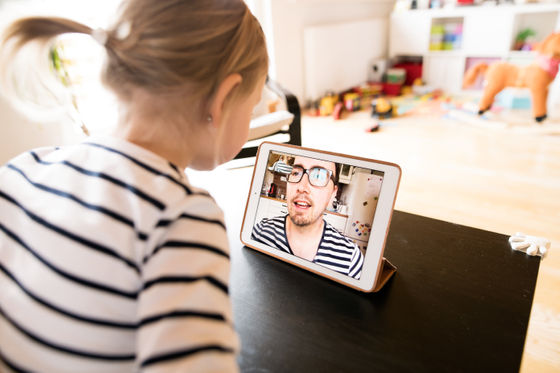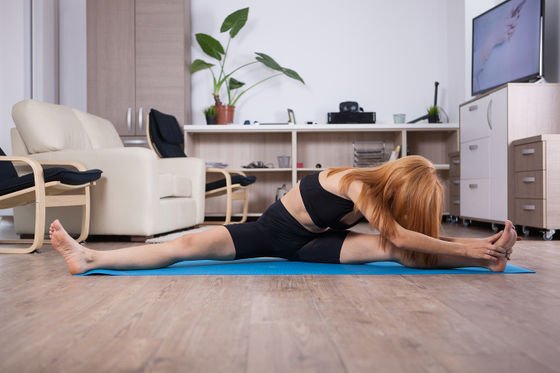What impact did lockdown have on people's lives?

The new coronavirus with over
4940.0-Household Impacts of COVID-19 Survey, 6-10 July 2020
https://www.abs.gov.au/AUSSTATS/abs@.nsf/allprimarymainfeatures/D90A6BA872BC19D7CA25854F008214D1
More screen time, snacking and chores: a snapshot of how everyday life changed during the first coronavirus lockdown
https://theconversation.com/more-screen-time-snacking-and-chores-a-snapshot-of-how-everyday-life-changed-during-the-first-coronavirus-lockdown-143805
A survey conducted by the Australian Bureau of Statistics is a telephone survey that asks daily questions such as mental condition, work status, and leisure time. In this study, 1059 subjects were asked to respond continuously once every two weeks for approximately three months from April 1, 2020 to July 10, 2020.
In Australia, lockdown started in the middle of March 2020, so in a survey in early April, nearly 50% of the subjects answered that they 'can no longer meet with family members or friends outside the household,' and close to 100% of the subjects said, ' We stay in touch with each other through video calls and text messages.'

Approximately one month after the start of lockdown, in the middle of April, about twice as many people complained about anxiety compared to the survey before the new coronavirus turmoil. At this point, one in nine of the subjects answered that 'sometimes I feel trapped in despair.' Women and young people were more likely to report anxiety.
In early May, when lockdown began to ease, it was discovered that lifestyle changes had gender differences. 56% of the respondents answered that they were 'working from home,' but 38% of the men. On the other hand, 28% of women and 16% of men answered that they felt lonely, so researchers think that working from home is associated with loneliness.
In addition, a survey in early May showed a marked change in subject consumption habits. In another survey conducted in March 2020, 47% of the respondents replied that they 'further purchased household goods', but in the longitudinal survey conducted in early May, `` Only 21% of respondents answered that they have purchased additional household goods. In March 2020, the new coronavirus panic caused a lot of purchases of toilet paper and hand sanitizers, and it was also reported that the “black market is emerging” for a time.

The survey found that around May, people started spending money on 'home meals.' From the beginning of April to the beginning of May, 20% of the subjects answered that 'the intake of snack foods increased,' and 13% answered that 'the intake of fruits and vegetables increased.' On the other hand, the frequency of purchasing foods for take-out and delivery has decreased, and more than 30% of the subjects answered that 'the frequency of purchase decreased', and 14% also answered that 'the frequency of drinking increased'. He stayed in.
In early May, a change in leisure time was also confirmed. 60% of the respondents answered that they 'time spent looking at screens of TVs and PCs', 41% 'time spent doing housework and gardening', 39% 'reading and crafting time' 38% of the respondents said, “More cooking time and more time to bake bread”.
It is believed that lockdowns have increased people's personal time, but few have begun to spend time on 'exercising.' Only 25% of the respondents said they became 'active' during the lockdown period, and 20% said they 'diminished their exercise time.'

By the end of June, when the lockdown was further alleviated, an increasing number of subjects answered that their mental condition was recovering. More than 90% of respondents said that they have secured a social distance, but on the other hand, few people avoid social gatherings such as parties.
The noteworthy answer in late June was that 'the changed lifestyle cannot be restored even if the restrictions are relaxed.' Compared to before lockdown, more people spent more time on popular activities during lockdown, such as TV, cooking, online shopping, and pets.
It was confirmed that in July 2020, optimistic momentum increased in all Australian states except Melbourne, where the outbreak had spread again and the lockdown had been reintroduced . 60% of subjects said they were 'good' or 'very good' about their mental health, and more than 50% said they 'already returned to normal' or 'I think they will return to normal within 6 months'. I have answered.
Related Posts:
in Note, Posted by darkhorse_log







